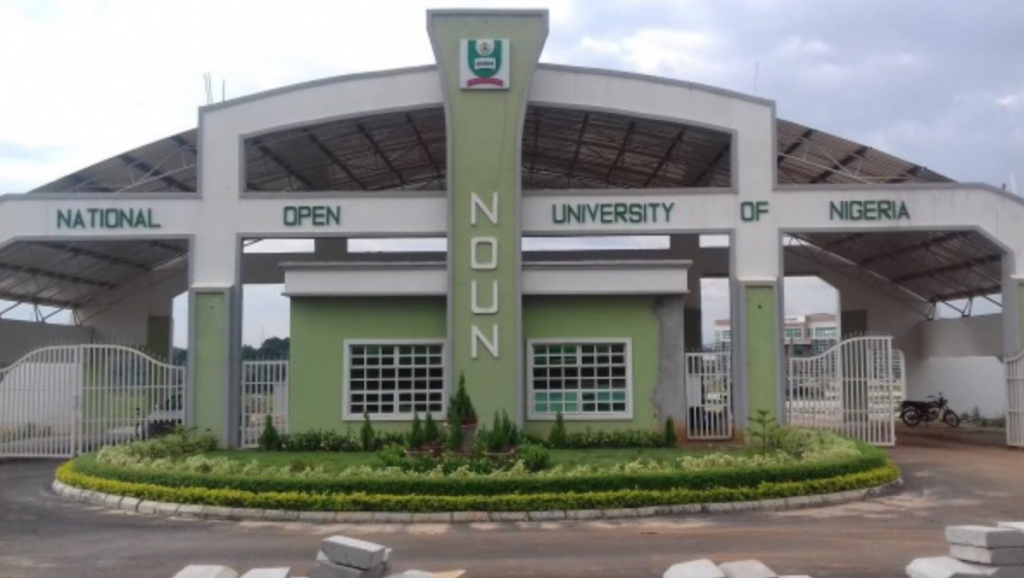
The Nigerian Nuclear Regulatory Authority (NNRA) has said that eight out of the 14 radiotherapy machines in the country are not safe. According to him, only six out of the 14 radiotherapy centers in Nigeria are licensed by the NNRA, which is the regulatory authority.
Meanwhile, the Federal Government has concluded plans to establish six cancer centers in the six geo-political parts of the country.
Director General of the NNRA, Ya’u Usman Idris, who stated this yesterday at the World Cancer Day Symposium organized by Project Pink Blue in Abuja lamented that even some of the radiotherapy centers, which are licensed by the authority are not functional.
He said, ‘we have serious problems, there’s nothing to celebrate today but to lament. Looking at the case of Nigeria, we have only 14 radiotherapy machines in the country and nine of them belong to the government, five of them belong to private and only six of them are licensed by the Nigeria Nuclear Regulatory Authority which means, the others are not safe. In terms of equipment, Nigeria has only seven Linacs (Linear accelerators), for a population of 200 million people.
“South Africa has 92, Egypt has 76, if you compare those two countries with Nigeria, even the ones we have are not functioning, because today they are functioning, tomorrow they are down. If you go to the Nuclear Medicine, we have only two Nuclear Medicine centres that have gamma cameras and both of them are down at the National Hospital, Abuja and University College Hospital, Ibadan.”
According to him, ‘Virtually there’s no gamma camera that is working in Nigeria whereas a country like Tunisia with a population of twenty-something million has about 14 of them working.
“We have only one Positron Emissing Tomograph Computed Tomography (PET-CT) and it’s private. How much does it cost to put a which with N1b can be procured, Nigeria doesn’t have the money to procure even one but a private hospital did.
“It is our duty to check the state and status of the equipment, the operations, the services rendered by the facility, status of the personnel.
“We also have to ensure the quality of the personnel and we find out that most of the hospitals don’t even have qualified personnel with no correct equipment among other defects but then it is our agency they will accuse of not giving license.
“So how do we treat cancer with this kind of equipment with 200 million people? It is not possible.
“We have a situation in the country, we have gazetted regulations and procedures including licensed experts on how to go about it, yet we are not doing it”.
He however assured that the agency has been given a new lease of life since the assumption of office by the administration of President Bola Ahmed Tinubu.
Idris decried the dearth of capacity to deal with cancer treatment in Nigeria.
He stated that insufficient capacity is a major obstacle to cancer treatment in the country especially due to unavailability or sometimes, inadequate critical equipment required for cancer treatment and management.
Also speaking, Minister of State for Health and Social Welfare Tunji Alausa, explained that apart from N20 billion budget allocated for six cancer centres nationwide during the last administration’s, additional funding has been secured by the present government to facilitate the commencement of the projects.
Alausa explained that the N20 billion budget allocated for six cancer centres nationwide during the last administration’s tenure could not be accessed due to procurement challenges.
He observed by the time the challenges were resolved under the current administration, the prevailing economic conditions had adversely impacted the implementation.
He said: “So there is no way we could use the N20b to build the six cancer centres. So we have to make presentations to the National Assembly for additional budget allocation so that we can have enough funding to build the cancer centres. I’m happy to report today that we’ve got the additional funding and the groundbreaking six cancer centres will happen very soon”.
The minister noted that Nigeria working assiduously to address the high burden of cancer in the country hence, the introduction of the Human papillomavirus vaccine into the country’s routine immunization targeting about 7.7 million teenage girls at no cost to them against cervical cancer.












